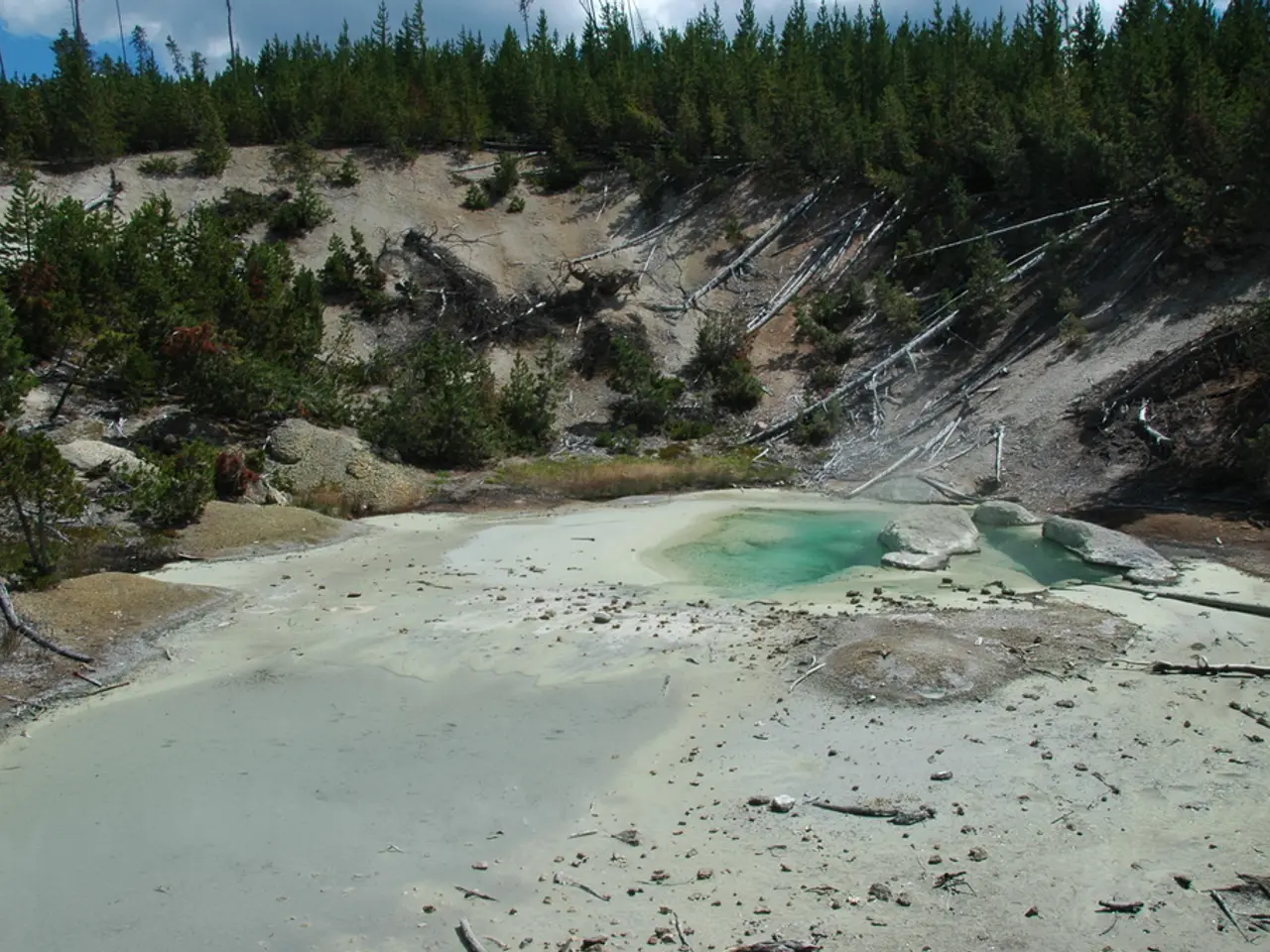Californian Public Employees' Retirement System counters accusations of greenwashing practices
California's Public Employees' Retirement System (CalPERS), the largest public pension plan in the US, has found itself at odds with environmental activist group California Common Good (CCG) over the approach to climate transition and investments in fossil fuel companies.
In a departure from some other groups, CalPERS includes green investments made by fossil fuel companies within its broader climate solutions portfolio. This strategy, according to CalPERS CEO Marcie Frost, is aimed at influencing these companies from within by engaging as investors rather than divesting completely. This approach aligns with a belief in driving climate transition through shareholder influence in large legacy energy companies.
However, CCG and aligned progressive pension reform advocates tend to emphasise divestment from fossil fuel firms or direct investment into renewable and low-carbon infrastructure projects. They argue for redirecting pension fund investments away from extractive industries towards sustainable economies that support equity and long-term environmental goals without supporting fossil fuel companies’ transformation efforts from inside.
Key distinctions between the two approaches include the investment in fossil fuels, strategy, and rationale. CalPERS allows some inclusion of fossil fuel companies in its climate solutions portfolio for shareholder engagement, while CCG typically opposes continuing fossil fuel investments and favours divestment or exclusion. The strategy of CalPERS is engagement from within fossil fuel companies to push climate transition, while CCG focuses on direct investment in low-carbon and equitable infrastructure to avoid extractive models. The rationale behind CalPERS' approach is long-term financial risk management balanced with influence, while CCG's focus is on climate justice and sustainable community development, avoiding supporting fossil fuel companies.
Despite the criticisms, CalPERS has rejected the greenwashing implication and argues that the activists have misrepresented data. The criticisms from CCG mainly focus on seven oil and gas companies included in CalPERS' climate list, but CalPERS CEO Marcie Frost stated that CCG never asked about the investments in these companies.
CalPERS advocates for a real-world rather than a paper decarbonisation strategy, which requires hanging on to dirty companies for longer with the declared aim of helping them to improve. This approach is closer to the idea that "a green asset is a green asset, regardless of corporate ownership."
The debate also extends to the philosophical question of whether a climate solutions portfolio should include green investments made by fossil fuel companies. CalPERS believes that divestment isn't prudent and doesn't achieve what it sets out to accomplish, citing research from the universities of Southern California and Utah that concluded that divestment would lead to higher emissions as new investors would be less likely to focus on the long-term value of decarbonisation.
On the other hand, CCG criticises CalPERS' "climate solutions portfolio," which includes investments in climate-endangering companies. CCG's standard would require a "sweeping energy divestment," a "symbolic act" that "ignores" the value of climate transformations and investor engagement, according to CalPERS.
The conflict between CalPERS and CCG highlights the ongoing debate about the best approach to climate transition and the role of fossil fuel companies in that transition. The disagreement is not just about numbers, but also about strategy, philosophy, and the future of climate solutions.
- CalPERS' climate solutions portfolio, which includes green investments from fossil fuel companies, stands in contrast to CCG's position, favoring sweeping energy divestment as a means to achieve climate justice and sustainable community development.
- The approach taken by CalPERS, where they engage with fossil fuel companies as investors to drive climate transition, is distinct from CCG's strategy of direct investment in low-carbon and equitable infrastructure to avoid extractive industries and support long-term environmental goals.




